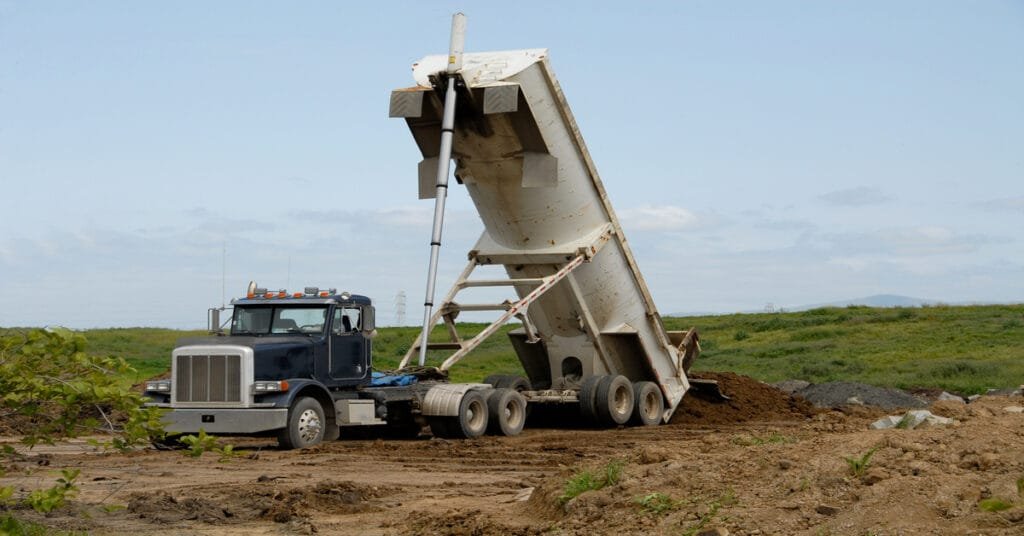Shopping for a dump trailer can be overwhelming with the numerous options available. Whether you’re a contractor, landscaper, or someone who regularly hauls heavy materials, selecting the right dump trailer will save you time, money, and headaches down the road. This guide walks you through eight crucial factors to consider when making your decision, helping you find a trailer that matches your specific hauling requirements and budget. Continue reading to discover how to choose the right dump trailer for your needs.
Define Your Hauling Needs
Start by identifying what materials you’ll transport most frequently. Construction debris, landscaping materials, gravel, and agricultural products all have different weight and volume characteristics. Calculate your typical load sizes and consider whether you’ll need to haul lightweight but bulky items or dense, heavy materials.
A landscaper moving mulch and leaves requires different specifications than a contractor hauling concrete or steel. Document your most common jobs over a few months to establish clear patterns in your hauling requirements.
Consider Trailer Size and Capacity
Match your trailer size to your actual needs rather than simply buying the largest option available. Trailers typically range from 6×10 feet for light-duty work up to 8×16 feet or larger for heavy commercial applications. Pay attention to both gross vehicle weight rating (GVWR) and payload capacity.
Remember that your towing vehicle must handle the combined weight of the loaded trailer. Overloading can lead to safety issues, legal problems, and premature wear on both your trailer and the towing vehicle.
Evaluate Construction and Durability
High-quality steel construction determines how well your trailer withstands years of heavy use. Look for trailers built with thick-gauge steel and reinforced stress points. Welded seams should appear clean and uniform, indicating proper manufacturing techniques.
Framed dump trailers differ from frameless designs in their structural approach—framed trailers use a separate chassis framework, while frameless trailers integrate the dump bed directly with the axle system. Each design offers distinct advantages depending on your specific applications.
Check the Axle and Suspension System
Your trailer’s axle and suspension system carries the entire load, making this component selection critical. Single-axle trailers work well for lighter loads and easier maneuverability, while tandem axles distribute weight more evenly and provide redundancy.
Leaf spring suspension systems offer durability and lower maintenance, while torsion axles provide smoother rides and independent wheel movement. Calculate whether your typical loads require single or multiple axles based on weight distribution and local road regulations.
Understand Different Dumping Mechanisms
Three main dumping systems dominate the market: single-cylinder, dual-cylinder, and scissor-lift mechanisms. Single-cylinder systems cost less but may struggle with uneven or sticky loads. Dual-cylinder setups provide more lifting power and better load distribution.
Scissor-lift mechanisms offer the highest lifting capacity and the most stable platform, but require larger investments. Consider what materials you’ll dump most often and whether you need maximum lifting height for your typical unloading situations.
Compare Prices and Warranties
Research multiple manufacturers and dealers to understand the current market pricing for trailers that meet your specifications. Factor in long-term costs, including maintenance, replacement parts availability, and dealer service support.
Warranty coverage varies significantly between manufacturers—some offer basic coverage while others provide comprehensive protection for several years. A slightly higher upfront investment often pays dividends through better warranty terms and dealer support networks.
Finding the right dump trailer requires careful consideration of your specific needs and thorough research of available options. Take time to visit local dealers, examine trailers in person, and ask detailed questions about construction quality and service support. The investment you make in selecting the proper trailer will pay dividends through years of reliable service and efficient operations.
